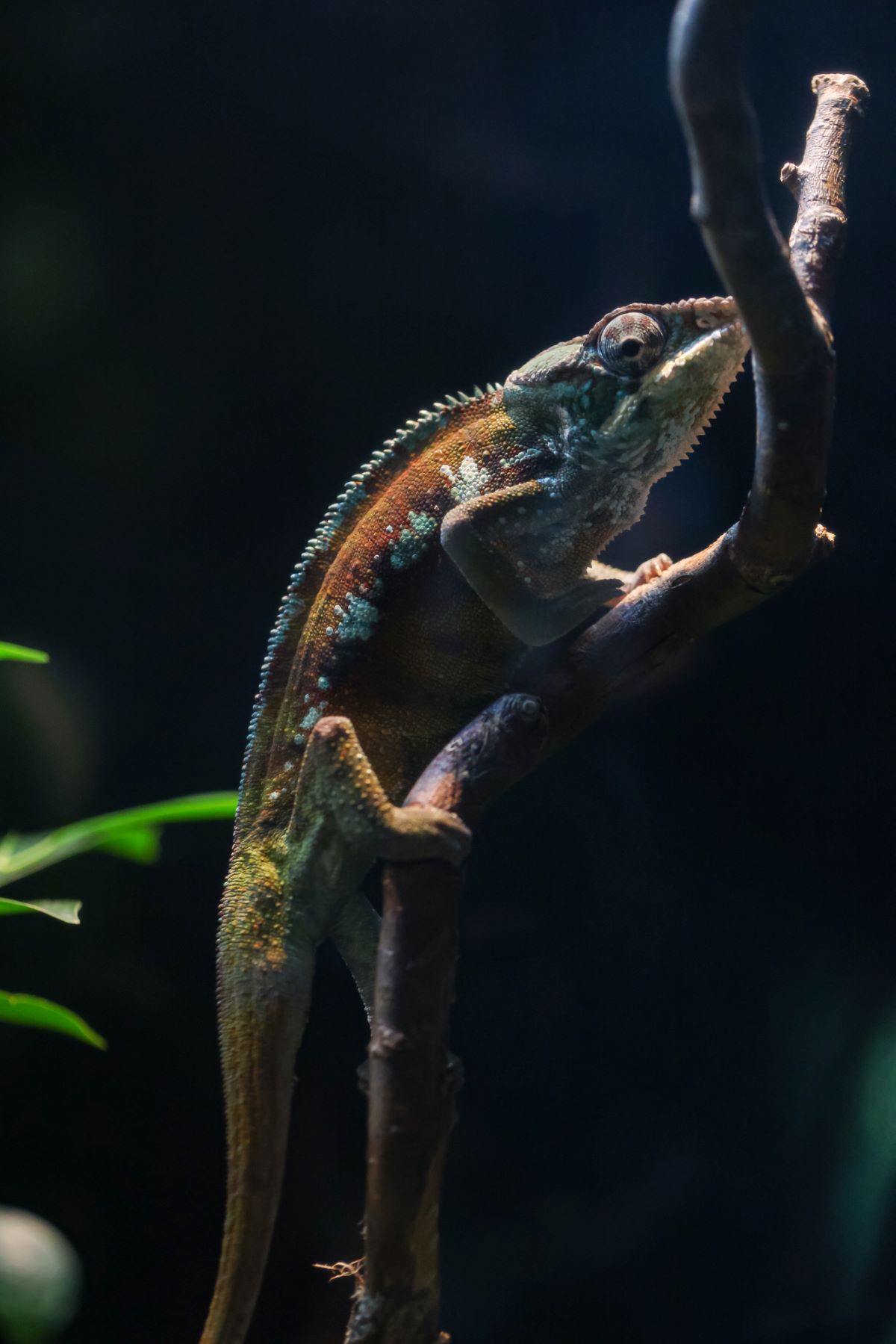Sixteen Humboldt penguins (Spheniscus humboldti), a vulnerable species, have left the Primorsky Aquarium to join colonies at zoos and aquariums located in central and western Russia. All these institutions hold a zoo license and operate in strict compliance with the law.
Before their departure, the penguins underwent a 30-day quarantine in the Science and Acclimation Building. The flock was composed of adult birds, including several breeding pairs.
“Of course, we were sorry to part with them, because we had nurtured them, but, at the same time, we were very glad to share our feathered happiness with other zoos and aquariums,” said Olesya Chernyshova, Head of the Ornithology Department at the Primorsky Aquarium.

All birds safely reached their destinations, where special enclosures were prepared for their arrival. Primorsky Aquarium ornithologists are ready to provide consulting assistance to the new owners of the penguins and bring their expertise to them.
“We successfully breed Humboldt penguins by applying a scientific approach to their husbandry. We keep them in an environment that, on the one hand, mimics their natural habitat as closely as possible, and, on the other hand, is almost sterile,” said Olga Shevchenko, Director of the Primorsky Aquarium. “As this species is vulnerable and protected by the Convention on International Trade in Endangered Species of Wild Fauna and Flora (CITES), we developed a thoughtful approach to the captive management of this species at the very beginning. Today the Primorsky Aquarium holds the leading position in this field and is ready to take the next step and share our animals with other zoos and aquariums across the country. We want their visitors to have the same opportunity as our visitors to explore the diversity of wildlife and learn more about these rare birds.”
At the moment, the Primorsky Aquarium has the largest colony of Humboldt penguins in Russia. More than 40 chicks have hatched at the Primorsky Aquarium since 2018 when the first flock of 14 individuals arrived at the institution. Through years of observation of Humboldt penguins Aquarium ornithologists have thoroughly studied their habits, behavior and breeding. Additionally, they have learnt to identify the sex of Humboldt penguins by molecular methods. As a result, colleagues from other regions of the country often seek their consultation. The ornithologists will surely continue to monitor the fate of their charges, who have joined the colonies of these birds at the facilities in other parts of Russia.

It’s worth noting that the Primorsky Aquarium is a branch of the A. V. Zhirmunsky National Scientific Center of Marine Biology, Far Eastern Branch, Russian Academy of Sciences, which is under the remit of the Ministry of Science and Higher Education of the Russian Federation. The institution is transparent about its collection management, and for this reason the seabirds have been sold at public auction. Sixteen Humboldt penguins have been transferred to the zoos and aquariums in Moscow, Voronezh and Nizhny Novgorod.




.jpg)

